A key intervention seeking to collaboratively build resilient communities, through environmental sustainability, food security, and sustainable lives.
Watch the 1-minute pitch video
Long description
The intersecting effects of climate change, deforestation, and desertification have given rise to a surge in droughts and famine across Kenya. For pastoralist communities, who bear the brunt of these environmental shifts, the repercussions are evident, manifesting as food insecurity, loss of livelihoods, family disintegration, under-enrollment in school, and underage marriages.
Closing the gap in afforestation demands a holistic strategy that simultaneously tackles environmental challenges while ensuring food security, and safeguarding livelihoods. The Ki-Maasai Initiative embodies this approach. Our overarching objective is to collaboratively build resilient communities, achieved through the pillars of environmental sustainability, food security, and the promotion of sustainable livelihoods
This inaugural phase of the Ki-Maasai Initiative will be carried out in Ndwate, a pastoralist village situated in Kajiado County. The initiative will benefit three land owning families and ultimately; promote afforestation, agricultural diversity, clean energy adoption, carbon sequestration, and community resilience through diversified agriculture and sustainable livelihood.
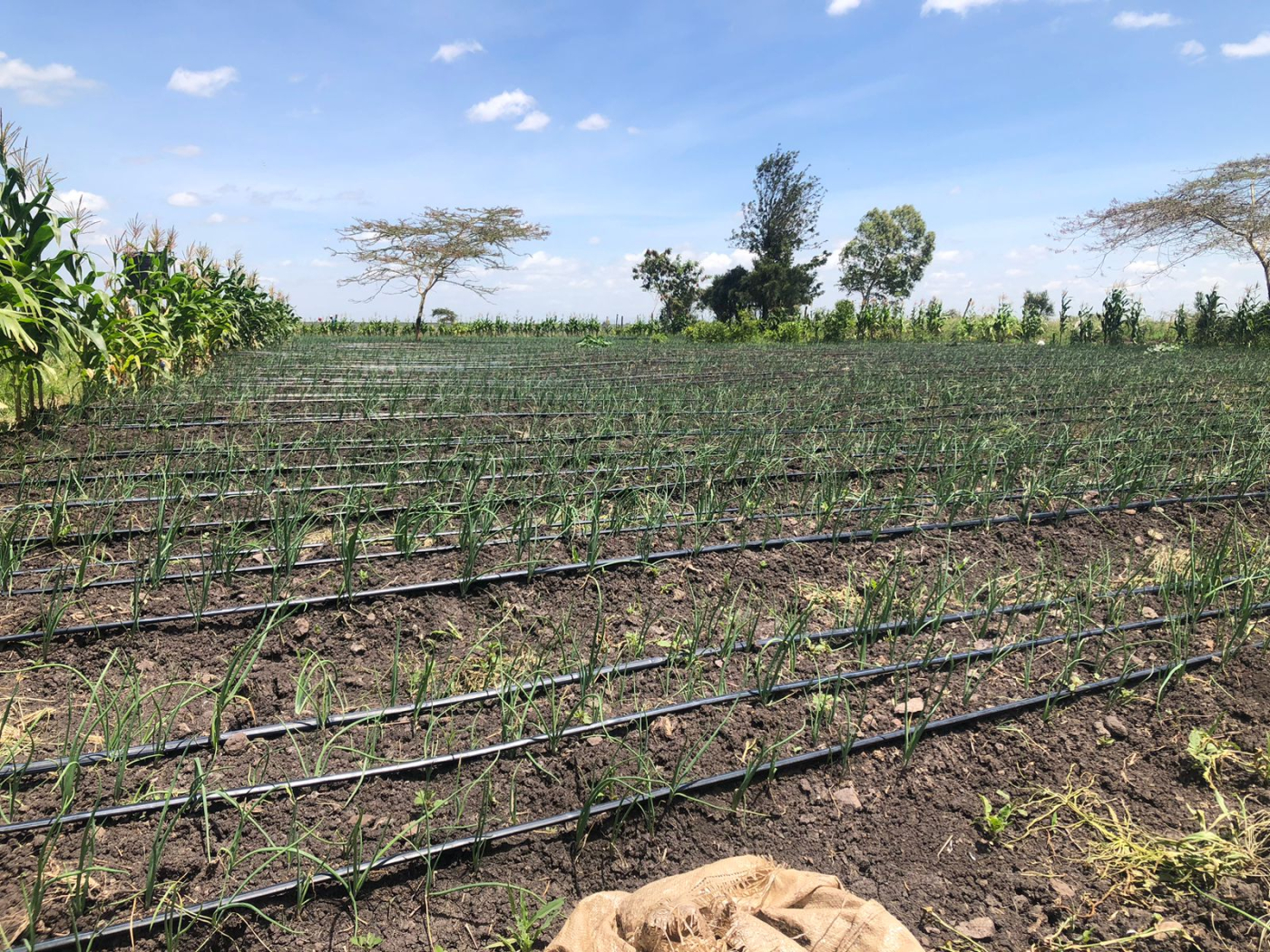

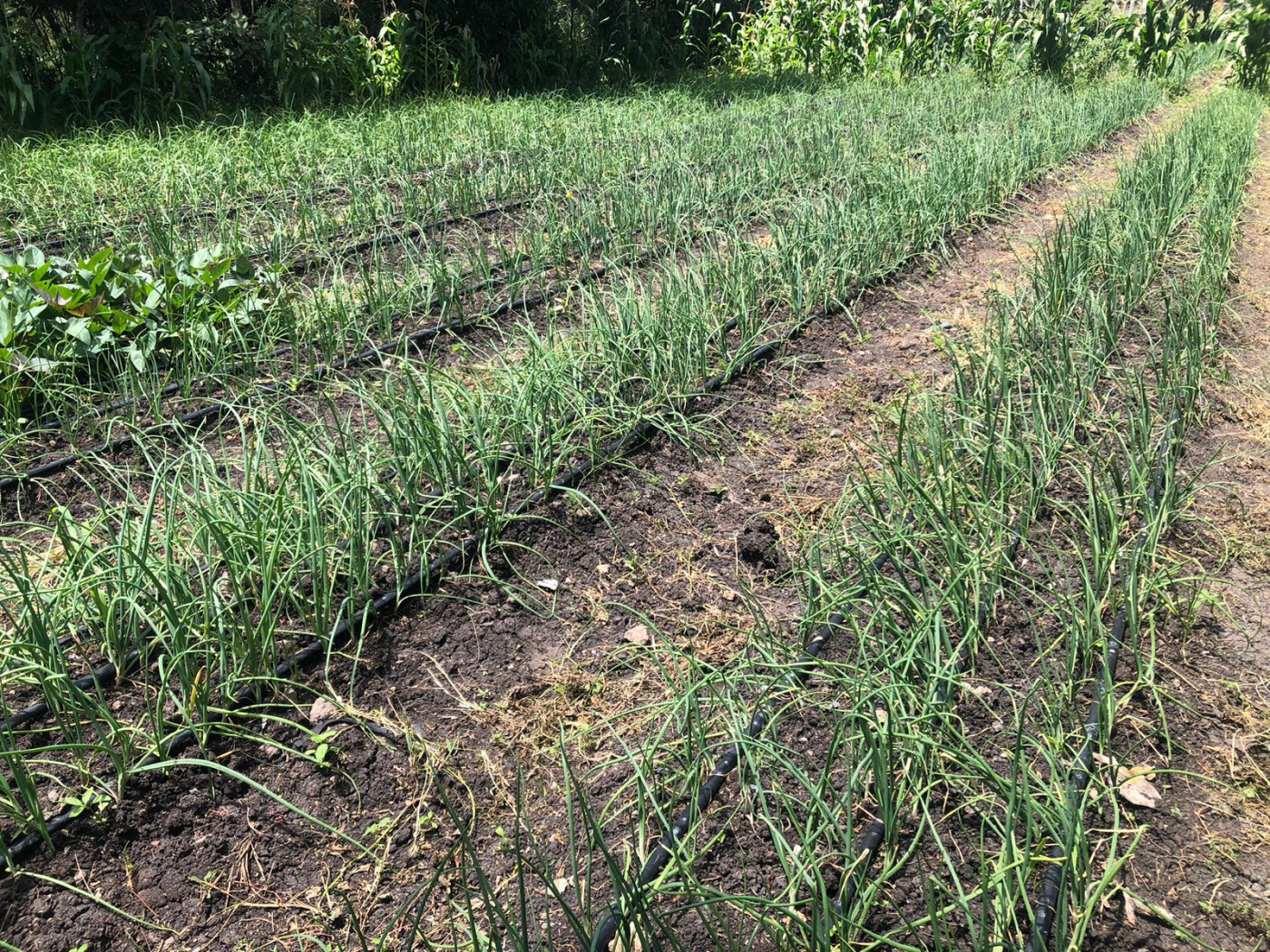
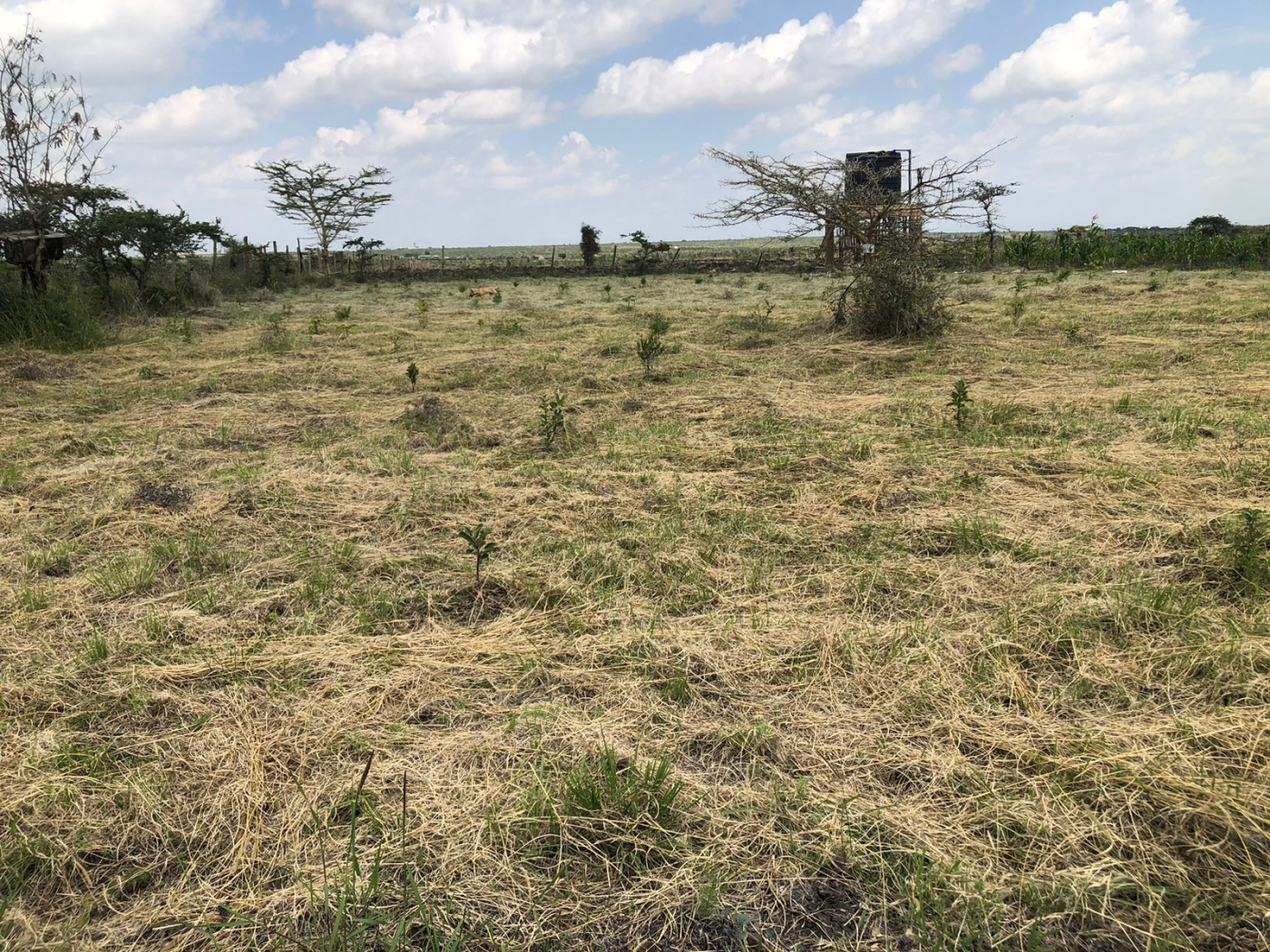
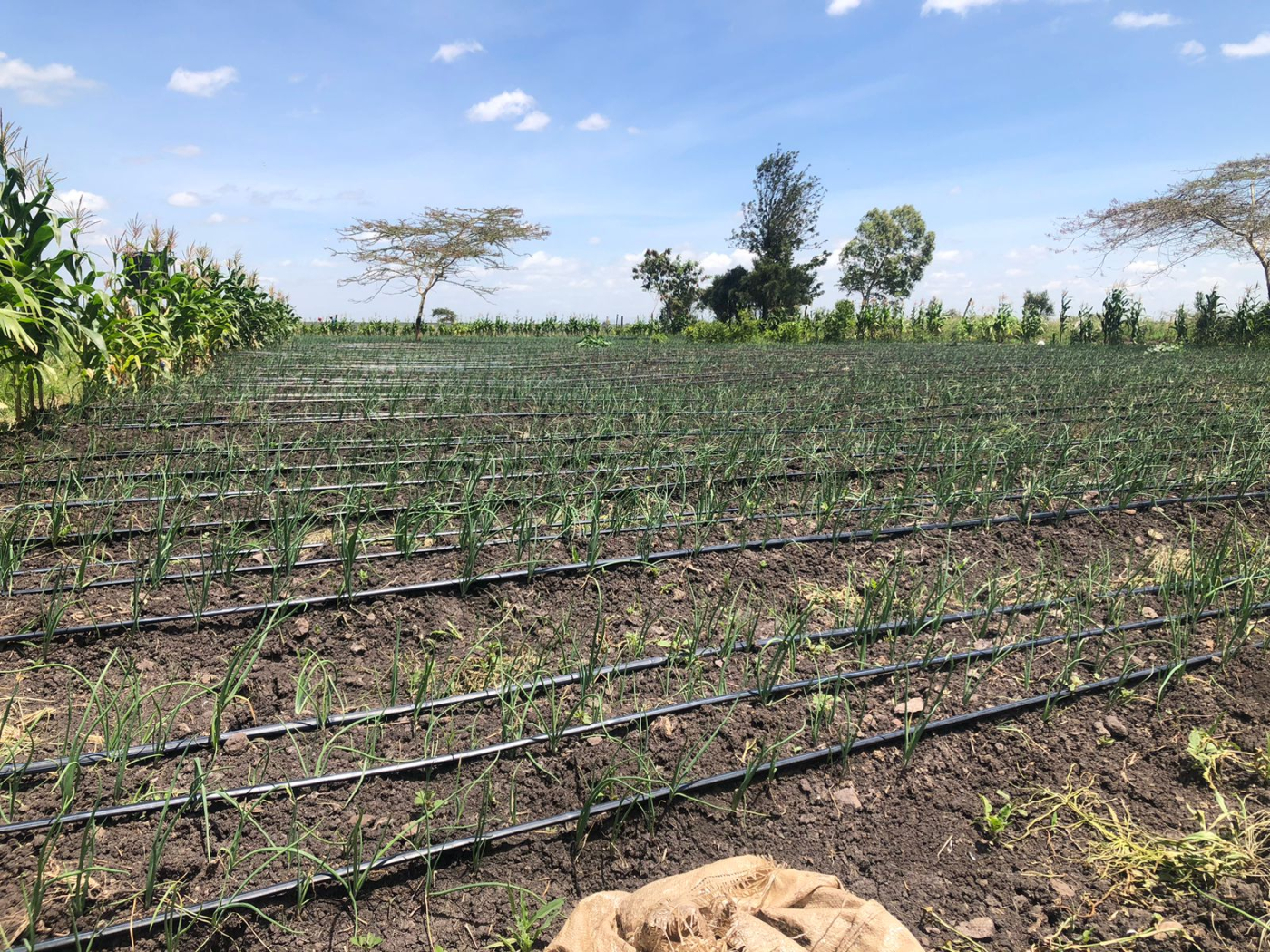
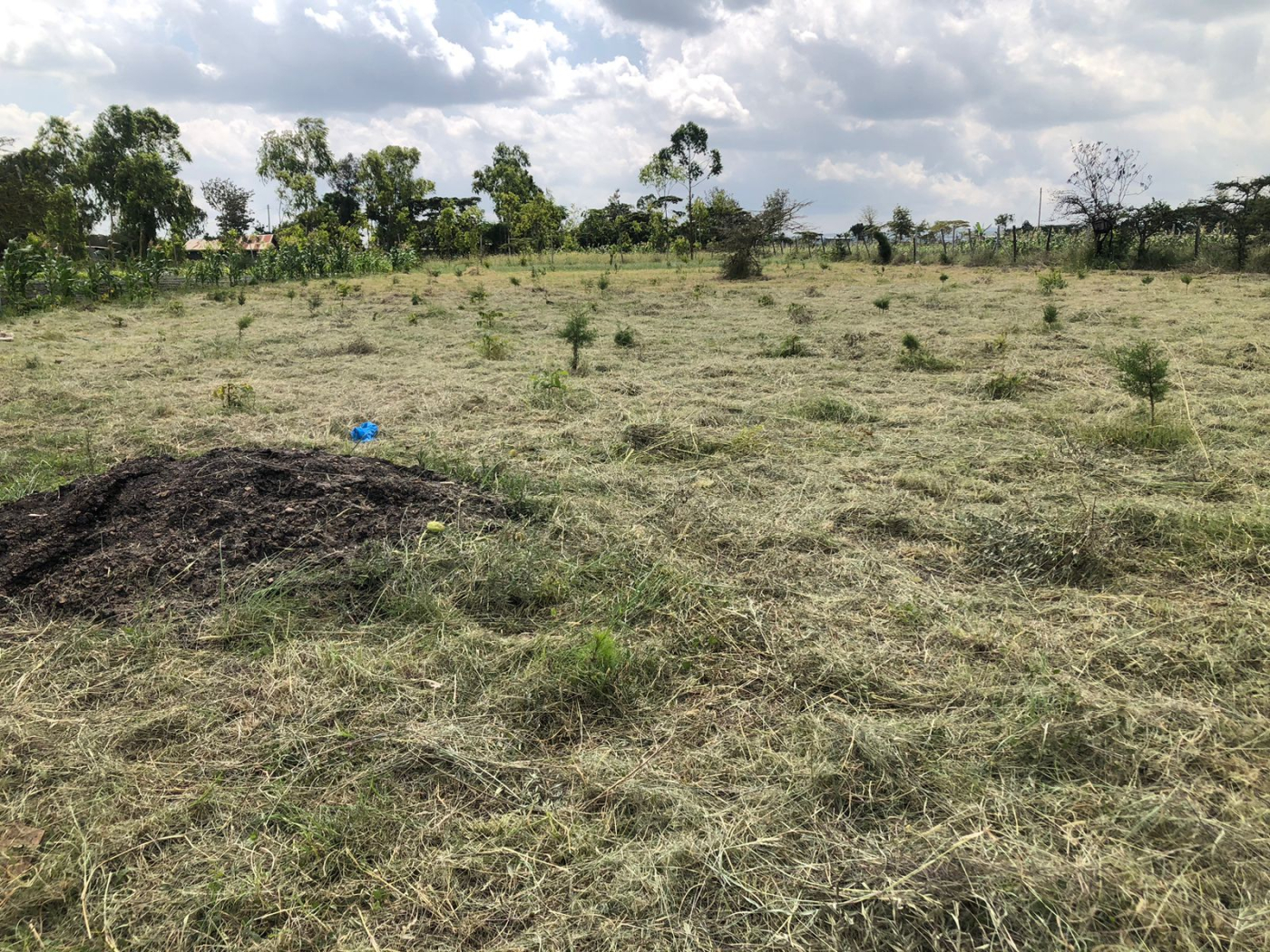



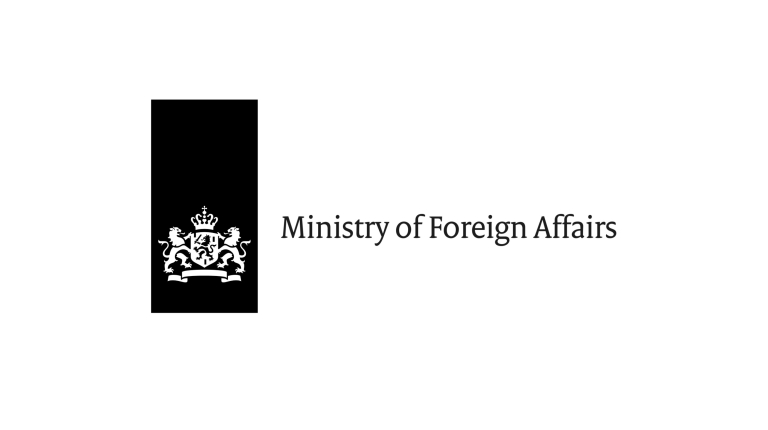
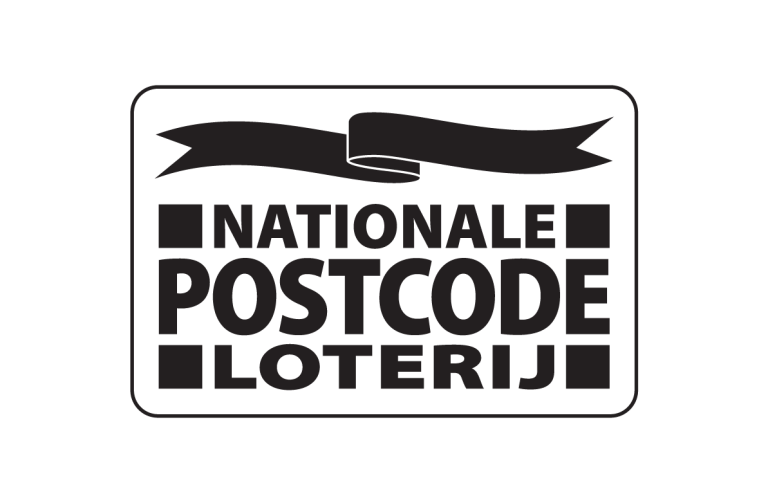
Please login or create a profile to view comments